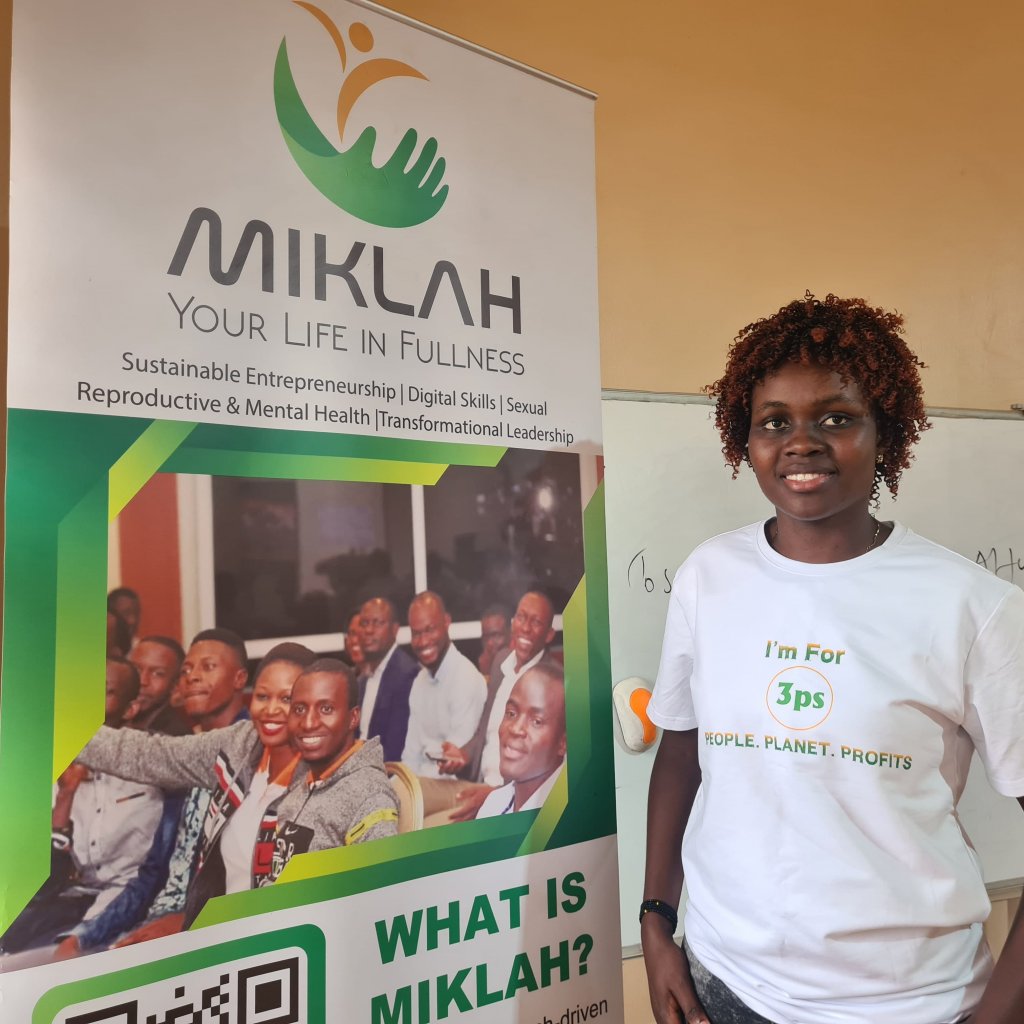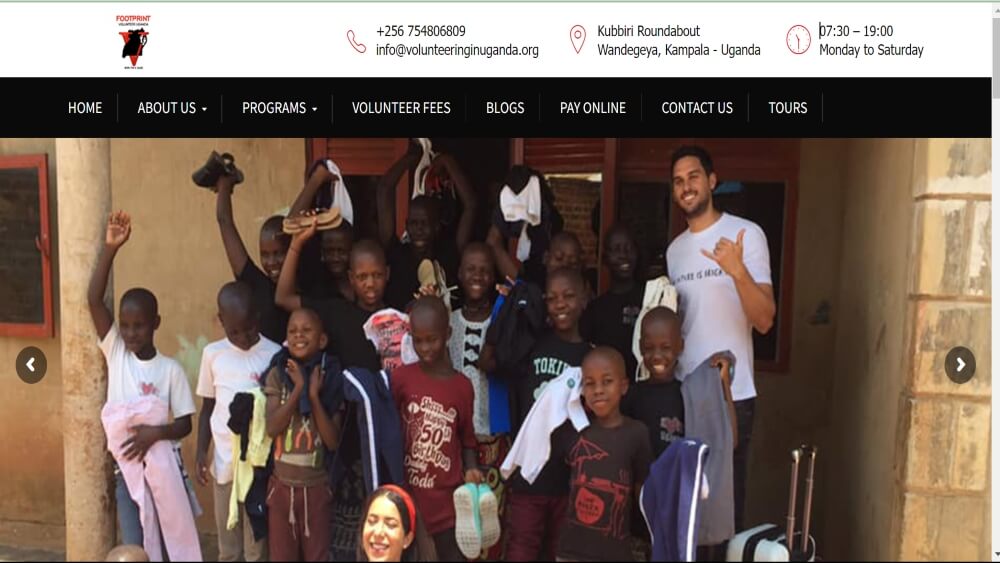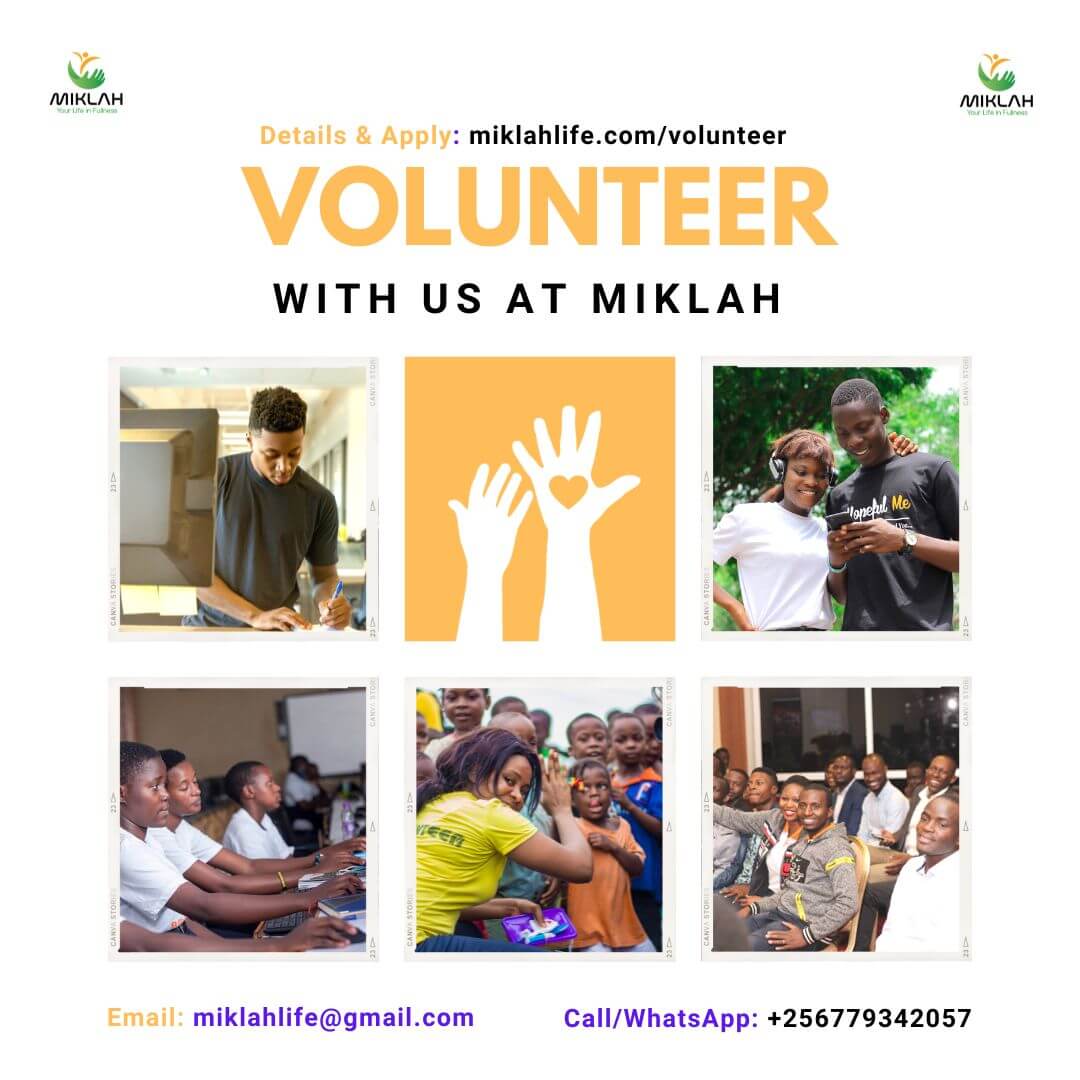Volunteering, your life, and the community: Are there any benefits of volunteerism? Explore now!
Volunteering is the ‘rendering of service by choice or free will for the benefit of the wider community by an individual, group, or institution without necessarily expecting monetary gain in full knowledge and appreciation of being a volunteer’ (Point of Lights Institute, 2011). However, while there are NO monetary returns for the volunteer, there could be other benefits.
Personally, I have volunteered in many places. After senior four, I volunteered at PET-Uganda, Kisoro District. My job involved tasks like cooking, budgeting, and ensuring the welfare of people with disabilities, mostly the deaf. I volunteered here throughout my High School and during the long S.6 vacation.
In 2015, shortly after my arrival in Kampala for the nursing job at Mulago National Referral Hospital, I volunteered at Mulago School of Nursing and Midwifery as a tutor, for almost a year. My work involved teaching, giving exams, and marking students.
Today, I have done a lot of voluntary work with various youth organizations, both national and international. I have volunteered with YOUNGO, YETI, Mandela Washington Alumni network, and others. In fact, my continous participation in both the UNEP and UNFCCC sustainability and climate change policy processes is always on voluntary basis, most times investing in my own resources.
As such, this question is ripe: Are there benefits in volunteering our time and resources? In this brief article, we explore the benefits of volunteering to the volunteer and the community!
Volunteering and employment

One thing for sure is that volunteering increases chances of getting employed; both by the organizations we volunteer with or others. In 2012, the US Corporation for National & Community Service, in its research, reported 27% increased chance for employment for volunteers (US Corporation for National and Community Service, 2012).
According to Volunteer Hub, about 60% of hiring managers consider volunteerism as a valuable asset when making hiring decisions. I hope you believe in these statistics. I mean, leaving all other factors constant, who would not want to employ someone who ever volunteered, someone who sees greatness in offering their efforts and skills to the community at no monetary costs?
And that’s not all!
| Volunteers contribute around 400 billion US Dollars to the global economy annually. |
Volunteering and economic benefits
In 2011, Point of Lights Institute did a study named ‘social impact of volunteerism’. In this study, the values of benefits are classified under three major themes; economic, social, and personal benefits.
Economically and globally, cites Points of Lights Institute (2011), volunteers contribute around 400 billion US Dollars to the global economy annually. Theoretically, this estimation is based on, in one way, how much governments and organizations would spend to hire human resource for the same activities volunteers do.
In countries like Australia (specifically, Western Australia), volunteerism is (as reported by VolunteeringWA, 2015) the largest industry by employment, contributing about 17.75 billion US Dollars per year (VolunteeringWA and Institute of Project Management, 2015). In Canada, according to The Conference Board of Canada report (2018), more than 46% (12.7 million people) of people between 15 years and above volunteered at some point in their lives in 2013, contributing 56 billion US Dollars to the economy.
These volunteering stories are the same in USA (more than 63 million people volunteered in 2009 contributing to 113-116 billion US Dollars to economy), United Kingdom (more than 17.2 million people-42% volunteered in 2002, contributing 22.5 billion pounds to the economy), Ireland, South Australia and many other countries (Point of Lights Institute, 2011).
| Volunteering lessens crime and improves safety, trust, and solidarity in communities |
Besides all the above economic and employment benefits, volunteering still has much more to give; ‘these numbers about the economic values do not account for the benefits of third parties—fellow citizens— may enjoy when time is devoted to people or causes they care about. Nor do these numbers account for the less tangible benefits that flow from volunteering’ (Point of Lights Institute, 2011, Page 6).
Volunteering builds up communities and social relationships, improves health, leadership skills, exposes volunteers to new ideas and new places and enlightens life purpose. Volunteering lessens crime and improves safety, trust, and solidarity in communities (Kawachi, 1999; Kawachi 2000).
Volunteering, social benefits, & CSR

According to United Nations Volunteers-UNV (2007), most volunteering organizations (more than 91%) are involved in collaborations and partnerships with other clubs, foundations, governments, and local communities. This is good for social relationships between individuals in these entitites and the companies themselves.
Volunteering improves on corporate social responsibility and fosters businesses to have programs for community and environment benefits.
Employment via volunteerism programs lead to loyal and happy employees (Point of Lights Institute, 2011). The institute adds that ‘Volunteering helps to foster greater trust among citizens and developing norms of solidarity and reciprocity that are essential for stability’ (Page, 8). Many studies (for example, UNV, 2007; Jones, 2006; AmeriCorps, 2008; Corporation for National and Community Services, 2011) emphasize that volunteering enhances civic engagement. The Point of Lights Institute (2011) summarizes this value like this:
“It‘s pointed out that individuals who voluntarily help out at a sporting event are often the same individuals who attend community meetings with government officials to talk about community problems. Not only are individuals who participate more likely to be active in a range of civic issues, but individuals who volunteer at a young age are more likely to sustain their participation in later life. For example, a 2007 study in the American Educational Research Journal identifies community service during high school as a strong predictor of voting and volunteering in adulthood. This suggests that people may move from occasional volunteer action to more sustained engagement in activities related to development and change, and the other way round. These progressions may facilitate a deeper understanding of the issues producing the socio-economic conditions that volunteers and social activists aim to address, and can strengthen social inclusion by virtue of fostering people‘s participation in activities seeking to change those conditions” (The Point of Lights Institute, 2011, Page 11)
Volunteering and public service
Volunteering also fosters development and delivery of public goods and services that would otherwise be inadequate, inappropriate, or unavailable from both public sector and private commercials. In this line of public service, volunteering is seen as a pipeline to future public services careers (Sagawa, Connolly, & Chao, 2008).
It also improves on youth education and leads to responsible students with greater performances; volunteering students are ‘less likely to start using alcohol or illegal drugs, hit someone, or skip school than those who are not’. Volunteering takes lead in sustainable development, positively responding to climate change, and much more.
| Volunteering also fosters development and delivery of public goods and services that would otherwise be inadequate, inappropriate, or unavailable from both public sector and private commercials |
Volunteering and Individual Benefits
On individual basis, Point of Lights Institute (2011) cites the works of Wilson & Musick, 2000; Carlin, 2001; Katz & Rosenberg, 2005; Prouteau & Wolff, 2006; ‘‘Volunteering has certain positive impact on the volunteer, such as social recognition, better health and self-esteem, building résumés, training and career enhancement; economic benefits and capacity in the labor market’’.
According to AmeriCorps (2008), 90% of volunteers report to have developed skills during their volunteering, with more than a half (57%) of these reporting this skill development to be at a larger extent. In addition, reports AmeriCorps, more than 46% of all volunteers cite ‘developing new skills’ as their reason for joining volunteerism. Point of Lights Institute summarizes this point; ‘Service sectors provide volunteers with the opportunity to explore different career paths, gain job-related skills, develop leadership skills, and network with community leaders, while engaged in activities that strengthen communities’ (Point of Lights Institute, 2011,Page 15)
Volunteering helps individuals to develop interpersonal skills, which are relevant for interpersonal relationships and management of stress. As cited by the institute, the 2000 National Survey of Giving, Volunteering and Participating-USA (NSGVP) reported improved interpersonal skills of understanding other people, motivating, and managing difficult situations. Besides these benefits, volunteerism creates fulfillment in life (Robert Wuthnow, 1991), leads to ‘self worthiness and instills self esteem’ (Street, 1994), improves health and lowers depression (Harlow and Cantor, 1996).
The unusual thing about the health-related benefits of volunteerism is this; people who volunteer gain more health-related benefits than those who benefit from their services (Brown et al., 2003; Herzog et al., 1998; Greenfield and Marks, 2004). The American Corporation of National and Community Services summarizes this point; those who give support through volunteering experience greater health benefits than those who receive support through these activities, especially among the elderly. Maybe the Bible was already right; “It is more blessed to give than receive” (Acts 20:35).
| Volunteering has personal benefits like social recognition, better health and self-esteem, building résumés, training and career enhancement; economic benefits and capacity in the labor market |
Volunteering in Uganda

Of course, it is not easy to have these statistics in Uganda’s context, but I would love to generalize them and say; what volunteerism is to Americans can be to us, Ugandans. As of now, there are a few ‘volunteerism-focused’ organizations that try to connect volunteers to various organizations and stations of work. One of them is called Footprint Volunteer Uganda.
Global platforms like Volunteer World can also give you a hint and direction. I have also come across a detailed volunteering program at Ssamba Foundation. However, it seems focussed on foreigners interested in volunteerism work in Uganda. But check it out here; it is amazing program, with good details.
As I wind up on this, in context of Miklah, we have our own volunteer program.
Our volunteers have some benefits: Possible employment in future, skills development in relevant aspects of mental and sexual-reproductive health, climate change and the triple planetary crisis, entrepreneurship, leadership and governance. In addition, our volunteers have the opportunity to work on part-time basis, to stay at their own residences, work in areas of their interest, and work on projects they love the most.
BOTTOMLINE: VOLUNTEER WITH US AT MIKLAH




Nicholas
June 28, 2024Good